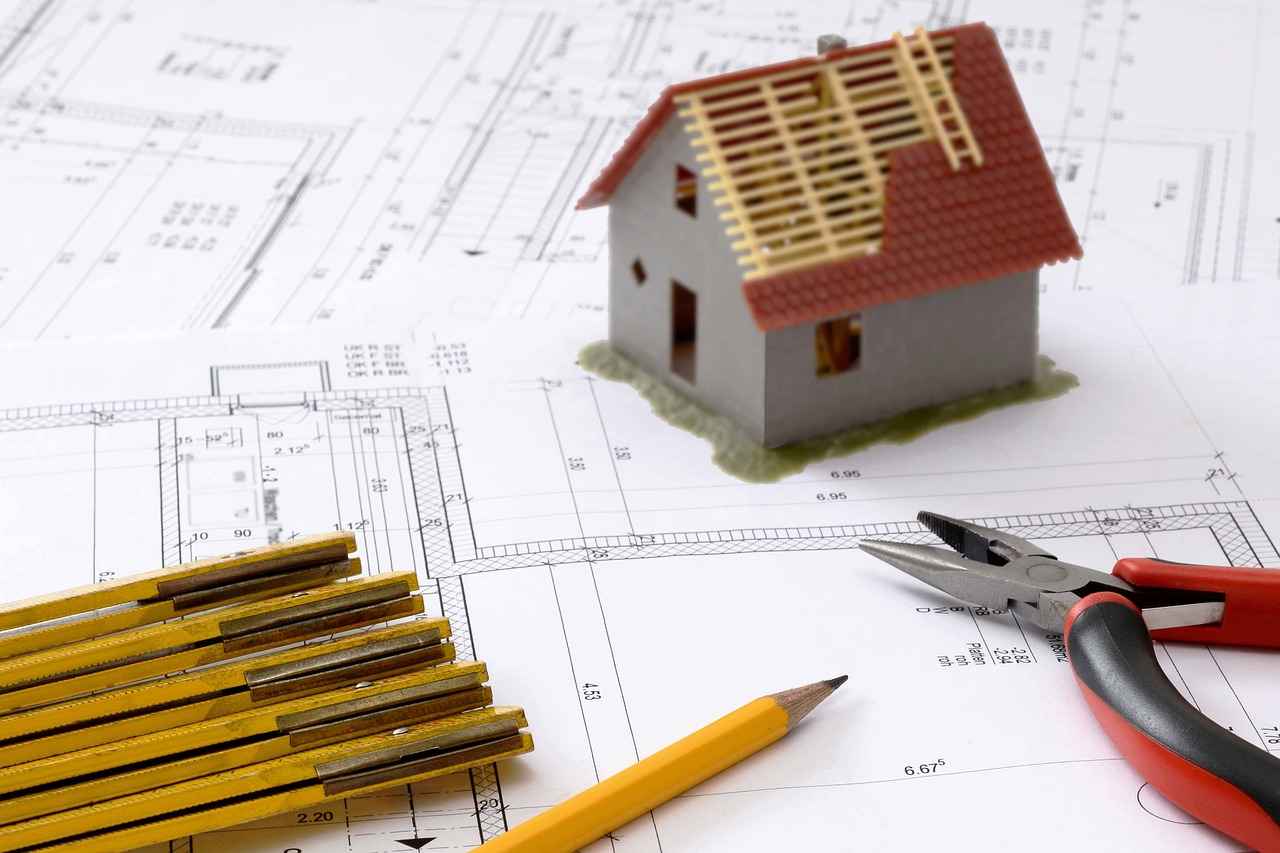2020-12-10
Furnished vs Unfurnished Apartment rental, how to make the right choices?
Matthieu de Valonne, associate lawyer in tax law, provides you with advice on tax regimes depending on the nature of this real estate.

Many taxpayers, sometimes modest, have invested in rental apartments or studios to prepare for their retirement or to benefit from additional income. The tax regime applied to the rental of this property varies according to the nature of the rental: furnished rental or unfurnished rental. Which one to adopt the best for its situation?
6 questions to Matthieu de Valonne, partner in tax law
What tax regime should be retained in the event of rental?
There are two tax regimes in renting. The first and most common is the rental of bare dwellings, that is, an empty, unequipped apartment, building or office. The taxpayer is taxed on his net property income, that is to say the rents collected less the charges related to this property, eligible for the deduction. The tax rate can be up to 45% for the highest incomes to which must be added social security contributions at the rate of 17.2%. An individual who rents a bare property can therefore be taxed up to 62.2% of his net property income, not to mention the cost of the real estate wealth tax.
Is there a way to reduce this tax on bare rental?
Yes, by adopting the micro-foncier regime, provided that your total rental income is less than € 15,000 per year. In this case, the taxpayer can benefit from a fixed allowance of 30% on the gross income related to the charges of the apartment: current charges, maintenance, home improvement ... This micro-land regime is interesting because it is very simple and does not require to justify expenses.
What is the tax regime for furnished rentals?
Furnished rental is a commercial and not a civil activity. In this case, it is advisable to call on an accountant to calculate the depreciation of the building, that is to say the amount of its annual depreciation that can be deducted from the taxable result. Example: suppose an apartment valued at € 200,000 with an accounting lifespan of forty years, ie an annual depreciation of € 5,000 land not included. The tax result of the furnished rental will then be determined from the rents from which current charges can be deducted, that is to say, for example, maintenance, repair and property tax expenses. As well as the amount of € 5,000 for the depreciation of the property. In many situations, this method of calculation will show a taxable result close to zero.
What does a furnished rental involve?
The Alur law of March 24, 2014 lays down the following definition: "furnished accommodation is decent accommodation equipped with sufficient quantity and quality of furniture to allow the tenant to sleep, eat and live properly with regard to the requirements of everyday life ". The list of items that a furnished rental must at least include is set by the decree of July 31, 2015 and provides in particular bedding, hotplates, oven, refrigerator, dishes, kitchen utensils, lights, etc.
Can you easily switch from a bare rental to furnished?
The change of regime can be made after the departure of a tenant. It is then necessary to equip the accommodation so that it meets the criteria for a furnished rental and to send an optional letter to the Tax Center before the start of the rental. The furnished rental regime is a fairly old regime which has seen a significant boom with the development of furnished rentals from internet platforms.
What are the particularities of furnished rentals?
In terms of lease term, the bare lease is concluded for a minimum period of three years while the furnished lease is concluded for a minimum period of one year. There are therefore more frequent changes of tenants in furnished rentals. The price of the furnished rental may take into account the value of the furniture. It is often more difficult to offer for large surfaces while it is becoming almost standard for smaller properties. In addition, the owner must insure the furniture and renew it more frequently in case of wear. The furnished rental regime also involves a little more complex fiscal and accounting monitoring.
BARNES Lyon can assist you in your rental management project, contact us for more information.
Find the interview on pages 42 and 43 of our magazine Only BARNES n ° 4.

